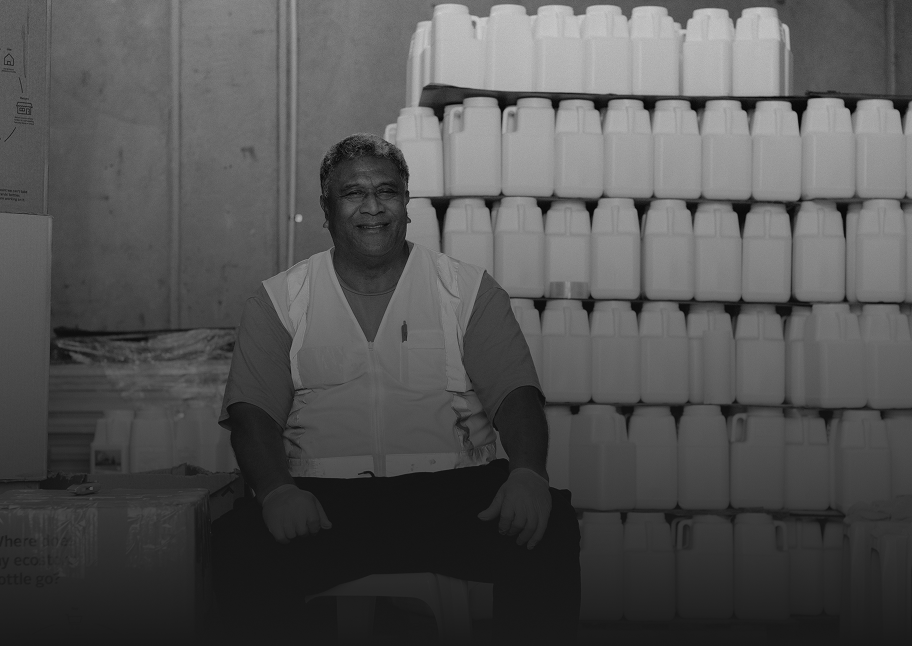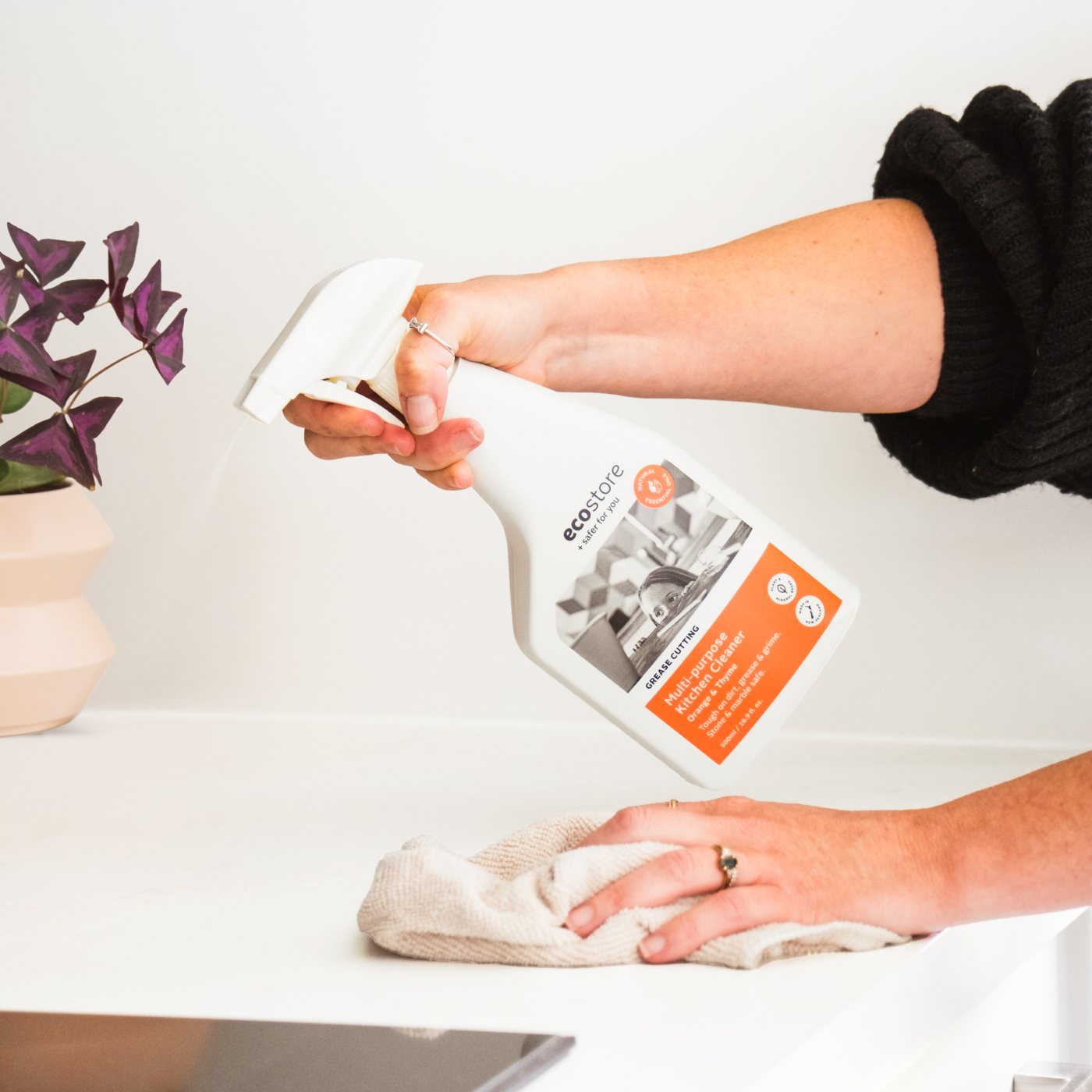The cooler weather is now on us and while it slows growth down in the garden, it's nature's way of dealing to the caterpillars, butterflies, slugs and snails (and hopefully the guava moth).
Winter is a good time to get maintenance jobs done around the garden. Getting rid of weeds that can be a breeding ground for next season's green shield beetle is worth putting on the list. And if beds are not being used, consider sowing a green manure crop like lupins or oats, or mulch with straw, seaweed or fallen leaves. Winter weather can have a negative effect on the soil of garden beds left bare.
Now's a good time to look through fruit tree catalogues. We've found www.forgottenfruits.co.nz and www.ediblegarden.co.nz to be among the best suppliers. Deciduous fruit trees like plums, apples and pears are delivered bare-rooted from mid-June onwards.
Winter is also the best time the plan your spring garden. Have fun choosing different varieties to try this coming spring. Seed catalogues from Kings Seeds and Egmont Seeds have organic or untreated ranges and both companies sell online.
And don't forget to check out our Gardening By The Moon calendar for each month.
June
In warmer areas, seeds can still be sown and seedlings planted out. Raised beds will always be warmer, so add lots of compost to build up your garden beds. At this time of the year, vegetable plants need as much sunshine as possible, so bear this in mind when planting. Growing in containers is a good idea as you can move them around into the sunniest position.
This month plant out broccoli, cabbage, kales, cauliflowers, beetroot and spinach. Quick-growing Asian greens like pak choi and wombok really thrive in the cooler conditions. Growing broad beans has lots of bonuses - they fix nitrogen in the soil, the leaves are edible and the flowers they produce are a much-needed source of pollen and nectar for hard-working bumblebees.
In cool climates, plant garlic and shallots. In warmer climates, garlic should be in already (April) so as to maximise cold snaps (garlic needs a certain amount of winter chill). And June's a good time to plant asparagus crowns.
July
Long-term winter crops need feeding and maintenance during their growing period, so this month is a good time to take care of them.
If your site is prone to strong winds, hill up around broccoli, kale and other brassica plants.
Leek plants will also need mounding up to help produce long, tender, white stalks.
Pinching the tops out of broad bean plants will produce more side shoots and, in turn, more flowers.
And a good dressing of liquid seaweed over the leaves of all plants will help ward off diseases, especially if humidity is a problem.
If you're ordering a new fruit tree, plant it carefully when it arrives. Here's how…
August
With most of the really cold weather behind us and the days getting longer, it's time to think about sowing seeds for spring and summer crops. It takes around 8 weeks for seeds to germinate and grow to a size that can be planted out, so plan for your conditions. In areas with a shorter summer, you can start seedlings off in large containers and plant them out in the garden after all possibility of frost is over.
In the orchard it's time to fertilise fruit trees. A fertiliser with a good source of potassium will help fruit set. Planting comfrey round the base of your tree works well. Applications of well-composted animal manure or sheep pellets, seaweed and volcanic rock dust will give your trees a good start to the season too.
Dig in green manure crops and apply lime over the top. It takes a few weeks for the leaves and stalks to break down sufficiently for you to plant in, so plan accordingly.
Otherwise, light the fire and dream of warmer days to come!
Organic Edible Garden - run by Jan McIntosh and Rob Velseboer - wants to make edible gardening achievable for everyone. Jan is an experienced television director and producer, who started her television career at TVNZ. There she created ‘The Palmers Garden Show', a long-running high-rating series in prime time. Rob runs the company Heirloom Organix. The company is BioGro certified organic and they grow and sell organic veges and herb seedlings at Farmers' Markets and some garden centres.
Read more

Coughs and colds are par for the course over Winter. However, if you have small children bringing bugs home from play dates, kiddie classes or child-care and spreading these to other children and y...

Coughs and colds are par for the course over Winter. However, if you have small children bringing bugs home from play dates, kiddie classes or child-care and spreading these to other children and y...






